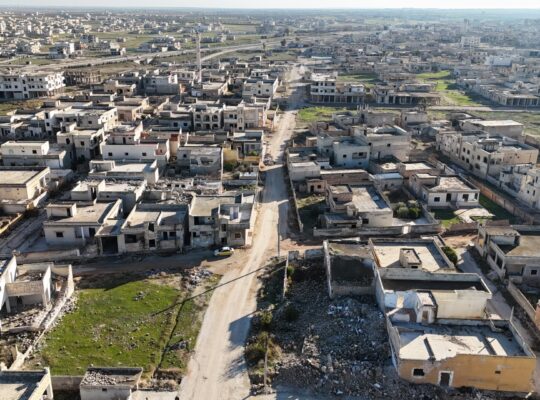
Argument

Bitter Victory
Israel initiated its 12-day war with Iran based on the claim that the Islamic Republic was days from acquiring several nuclear weapons. But was this really the case? There are several reasons to doubt Netanyahu’s claims and to question whether Israel did indeed achieve its stated goals.

Syria’s Stolen Homes
The regime of Bashar al-Assad seized homes belonging to dissidents and gave them to loyalists, in acts of mass expropriation. If the new Syria is to rebuild, it must implement a process of restitution.

Bombarded by Propaganda, the Iranian People Are Uniting Behind an Anti-War Message
The Iranian media landscape is awash with propaganda from both Israel and the regime of the Islamic Republic. Yet amid this toxic atmosphere, an anti-war message is crystallizing.

The Fordow Conundrum
By telegraphing that its Iran operation would take “weeks, not days,” Israel made clear that it has no intention of quitting until its objectives are met, with or without the U.S. But Israel’s coercive messaging to the White House, that nothing succeeds like success, appears to be working.

The Psychological Barrier Broken by Iran and Israel’s Missile Exchange
The latest exchanges of missiles between Israel and Iran have broken a long-standing psychological barrier in the Middle East, and are being viewed by states in the region with profound ambivalence. With deterrence fading, what follows may be more volatile still.

What Trump’s War on Universities Means for International Students and Scholars
The Trump administration’s threats against international students represent the intersection of three lines of attack: a war on universities, a war on immigrants and a war on dissent.

Assad’s Prisons and the Need for Justice
After years of war, reconciliation with Syria’s past and between the country’s sects and factions cannot be achieved without some measure of justice being done. The first step is to establish the facts by documenting the prisons and mass graves, as well as the massacre sites and destroyed cities.
